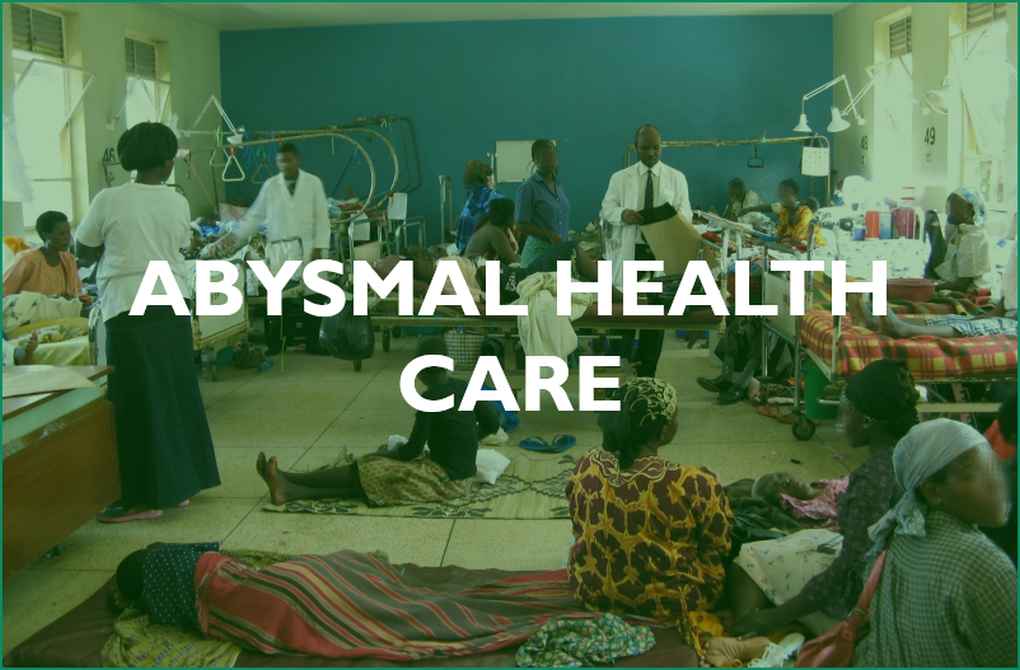Much of the northeastern Nigeria faces crisis- or emergency-level food insecurity, with a risk of famine in some areas.
As of 2015 (latest data), 30% of Nigerians lacked access to improved water, while 70% lacked access to basic sanitation facilities. Roughly 37% of children under five are “stunted,” for their age (a risk indicator of impaired development), with higher proportions in the north.
Relative to GDP, Nigeria’s public spending on health and education ranks among the lowest globally.
Nigeria places among the worst performing countries on the World Bank’s Human Capital Index, a survey of health and education indicators.
Endemic corruption diverts resources away from social services, heightening barriers to poverty reduction and development promotion.
Nigeria’s poorest households are likely to bear the brunt of COVID-19’s economic shocks. According to the World Bank, the downturn could push five million more Nigerians into poverty as compared to pre-pandemic projections. Roughly half of Nigerians work in the informal labor force with sparse social safety nets, leaving them especially vulnerable.

